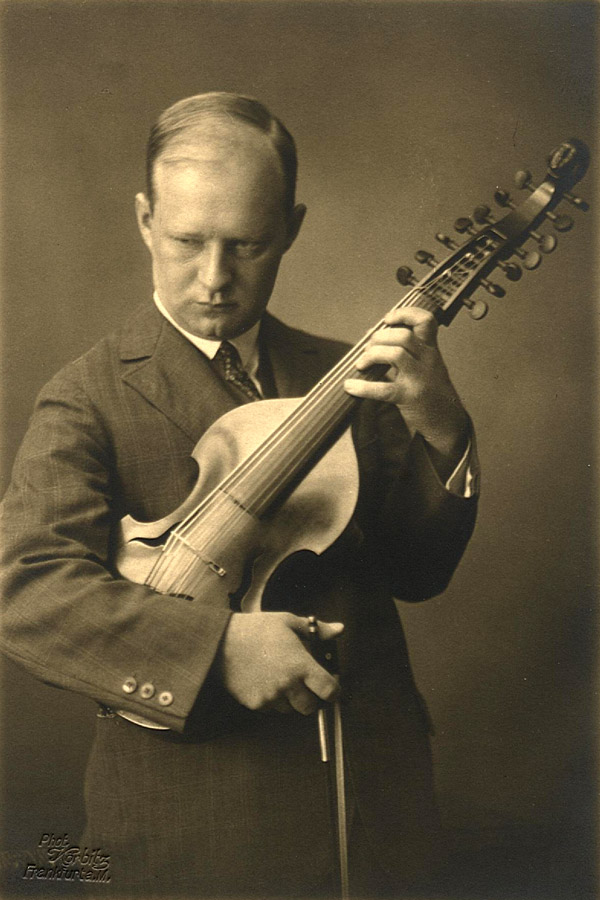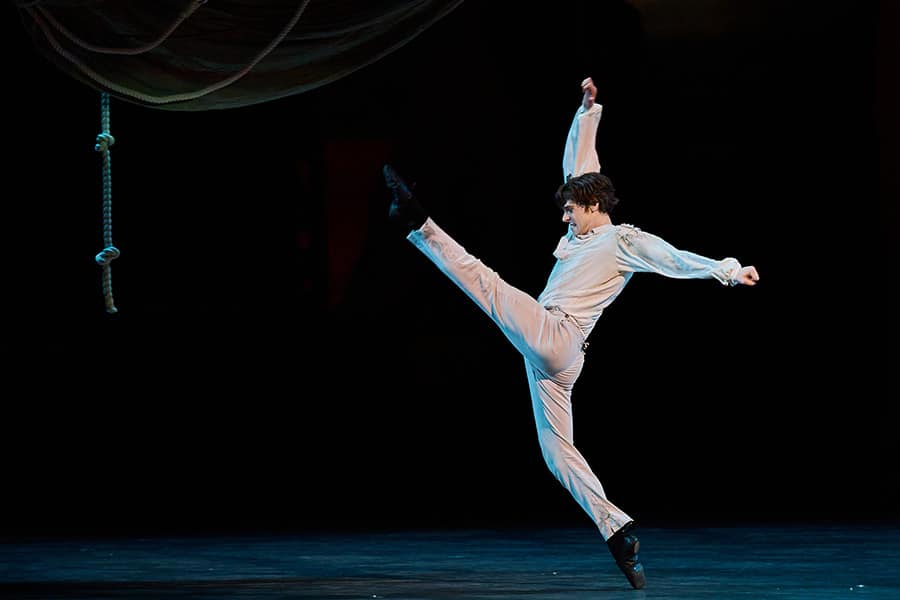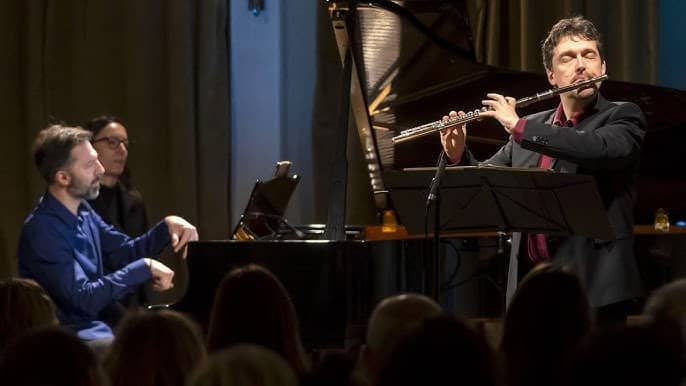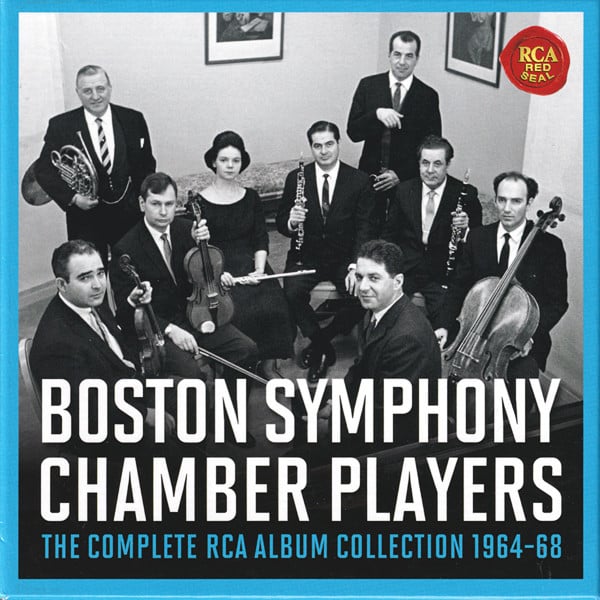What’s the best music for proof-reading?
mainFrom the Lebrecht Album of the Week:
In the painstaking task of reading page proofs for my next book, I needed something on in the background that would keep my rhythm going without distracting me with an excess of invention. Hindemith, who else?
The German composer, damned by the Nazis as a dangerous modernist, was never other than a cerebral conservative with an ear for correct form. Exiled to Istanbul, then to Yale, he reduced students to tears with rigorous lessons in theory and any number of ruthless technical exercises designed to make them better human beings. …
Read on here.
And here.







Something simple. Gregorian chant.
Plainsong isn’t simple. Neither is Anglican Chant.
Dunno. Same music as is best for fact-checking?
That’s why he’s asking us – he’s never done it
Lolz, indeed lmfao!
How about performances with wrong notes due to accurate readings of inaccurate scores. To start, there are all the recordings of the Berg Violin Concerto made before the fairly recent critical editions. Or Beecham’s readings of Haydn’s London symphonies, made before HC Robbins Landon’s editions. The perverse deviations that Harnoncourt, of all people, makes in his recordings of Haydn’s London and Paris symphonies still baffle me.
Perhaps a better Bach analogy might be the WTC?
If it were me, it’d have to be John Cage 4’33”. Not distracting in the least.
Telemann – Concerti Grossi
Ahahaha! You do proof-reading? Good one.
As a professional proofreader, I can never listen to music while working. Anything that takes even a bit of my concentration away from the words is dangerous. At least for me.
Absolutely agree with this. When the book comes out, Norman, I look forward to sending you a list of the typos that are still there!
It will be most welcome.
https://www.youtube.com/watch?v=Sgjwiadze1w&t=803s
No music at all. I can’t listen to music if I am engaged in anything verbal — writing, reading, editing, speaking — A neuropsychologist has assessed me and told me that for me, music is encoded in my brain verbally, in the same place and way that words are encoded. If I hear music I see the score in front of my eyes, and when there is music going on I find it difficult or impossible to speak, find words, or read. Editing and proofreading – forget it. If you want to beat me at Scrabble, put on some Bach.
You picked a piece that served your purpose, and your description, but to say that Hindemith was “never other than a cerebral conservative with an ear for correct form” ignores an awful lot of wonderful Hindemith, some of it major and some of it relatively minor. The eye-moistening beauty of the Viola Sonata op 11, no. 4 demands full attention, and it is beautiful and cerebral (and has an excess of invention to boot) at the same time. The suite from “Tuttifäntchen” is all charm, utterly uncerebral, and quite inventive. I can think of other works by Hindemith which simply do not fit this “never other than” characterization. Quick list: Violin Concerto, Konzertmusik for Strings and Brass, Nobilissima Visione. But that’s just the quick list.
Nah, I use Eric Coates myself. Music while you work…
I don’t know, but you should definitely be listening to more of it !
Proof reading? That’s what readers and second printings are for, to correct all the errors, spelling and factual, of the first printing. (You will of course provide us an exclusive excerpt of your book in advance on this site, right?)
As for Hindemith and his exercises, that’s what music writing software is for, like spell check, it spots every verboten parallel 5th, augmented 4th, etc. Brrrr….
God spare us from Hindemith, the most boring of composers of all time.
But to get back to the point, Norman, and I speak as a publisher, the answer is complete silence, prefeably in a Proustian cork-lined room – anything else is going to distract from the job in hand.
The best background music for proofreading? This, OF COURSE.
https://www.youtube.com/watch?v=vxOAqu2WPjo&t=1h4m40s
None. Good music distracts me and for proof reading I need full concentration. Bad music wouldn’t distract me so much, but I would have to “blend it out” and that’s tiresome on the long run.
Schnabel did not give LUDUS TONALIS its first performance. One of Schnabel’s former students did, as the Eloquence booklet note explains.